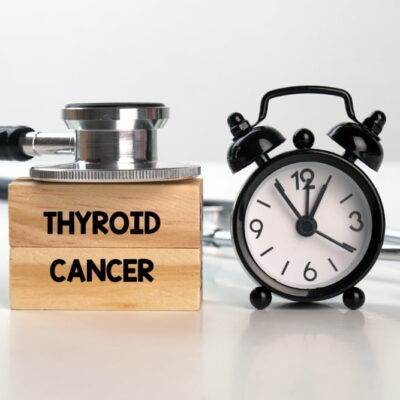
10 Early Warning Signs of Kidney Disease
Approximately over 37 million American adults have undiagnosed chronic kidney disease (CKD) as the condition’s symptoms can be tricky. Moreover, most people don’t experience symptoms until much later, when kidneys fail or when the urine’s protein levels are substantially high. It is why only 10% of people with CKD are aware of it. While examination is the best way to learn whether one has kidney disease, knowing some early warning signs can help in diagnosis.
1. Swelling or Edema
Usually, the first warning sign people notice is swelling in the legs, feet, or ankles that appear upon applying pressure. It is also called edema and occurs when the kidney fails to work, resulting in sodium retention that causes swelling in the ankles and shin. Ideally, whenever you notice an onset of edema, you must undergo an immediate evaluation of the renal function.
2. Changes in urination
Kidney disease hampers urine production and its elimination from the body. Some prevalent signs associated with changes in urination are:
Pain or difficulty during urination
Hematuria or blood in urine
Bubbly or foamy urine
Reduced urine output
Spike in urine frequency
3. Fatigue
A reduced kidney function results in a toxin buildup in the blood. It makes you feel overwhelmingly tired. Further, CKD also makes you feel weak or persistently tired because of a decline in the RBC levels.
4. Itchy skin
This symptom occurs when the kidneys fail to eliminate toxins from the body, and they accumulate in the blood. It can result in a rash or make you itchy all over. As time passes, your kidney fails to balance the nutrients and minerals in the body, resulting in bone and mineral disease, making the skin itchy and dry.
5. Backache
You may experience localized pain near the kidneys that does not aggravate or change upon movement. The kidneys are in the lower back on either side of the spine, and kidney disease triggers pain in that area. In addition, backaches may also stem from a kidney blockage or an infection, which can eventually result in kidney damage.
6. Reduced appetite
Beyond the accumulation of toxins like acids, creatinine, and urea, kidney disease also results in a drop in appetite. In addition, as the disease progresses, people may complain of a change in the taste, typically a metallic taste on the tongue. So, if you feel full after barely eating anything over a period of time, it is advisable to go for a health check-up immediately.
7. Trouble sleeping
When the kidneys do not filter toxins properly, they remain in the blood instead of withdrawing from the body via urine. It can make it challenging for you to sleep properly. There is also a link between sleep apnea and chronic kidney disease.
8. Shortness of breath
Kidney disease results in fluid retention in the lungs, making it challenging for you to breathe. Hence, shortness of breath is another common symptom.
9. High blood pressure
Hypertension is another typical kidney disease sign. So, if you are diagnosed with hypertension, you can ask your primary doctor if scheduling a renal function evaluation test is needed to strike out renal etiology of hypertension. Your doctor may also suggest it themselves. Usually, a decline in kidney function leads to water and sodium retention, resulting in high blood pressure.
10. Puffiness around the eyes
Lastly, when the protein leaks into the urine, it causes a constant puffiness around the eyes.


